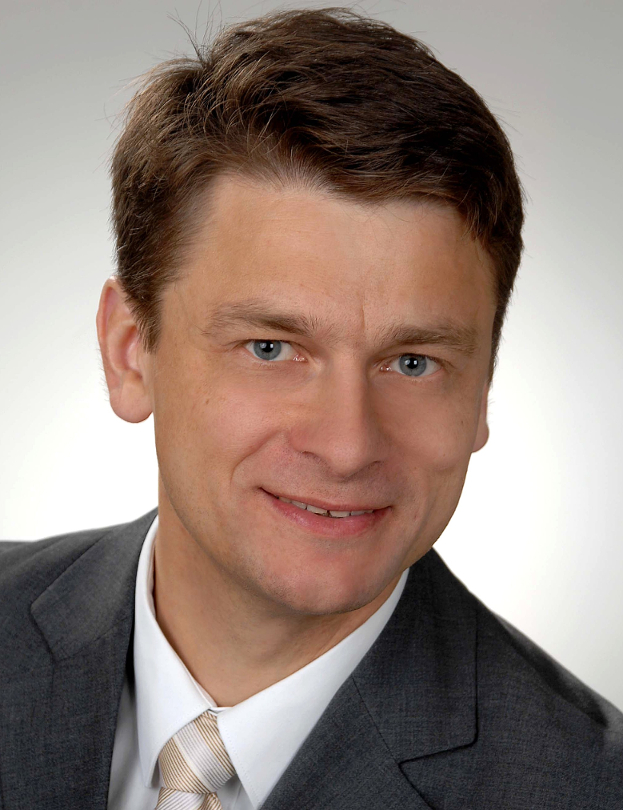Program
09H00 (WEST) | Welcome DCDS 2023
9H15 - 10H30 | Keynote #1: Machine Learning Error Resiliency and Data Robustness at the Application-Level
| Chaired by: Ibéria Medeiros, University of Lisboa |
10H30 - 11H00 | Coffee Break
11H00 - 12H30 | Research Session 1: Diagnosis and Analysis of System Failures
Session Chair: Antonio Pecchia, University of Sannio, Italy| 11H00 | | Diagnosing applications' I/O behavior through system call observability |
| 11H30 | | Predicting Cloud Applications Failures from Infrastructure Level Data |
| 12H00 | | Underestimation-Aware Failure Statistical Model Creation for Large Scale Critical Systems |
12H30 - 14H30 | Lunch Break
14H30 - 15H45 | Keynote #2: Blockchain Replication for Dependability
| Chaired by: Ilir Gashi, City University of London, UK |
15H45 - 16H30 | Coffee Break
16H30 - 17H30 | Research Session 2: Vulnerabilities and Malicious Websites
Session Chairs: Antonio Pecchia, University of Sannio, Italy; Ibéria Medeiros, FCUL, University of Lisbon, Portugal| 16H30 | | IVSign: Interpretable Vulnerability Signature via Code Embedding and Static Analysis Slides |
| 17H00 | | Security Risk Growth Models for Software Vulnerability Assessment |
| 17H15 | | JABBERWOCK: A Tool for WebAssembly Dataset Generation towards Malicious Website Detection |
17H30 - 17H45 | Discussion and Closing
Keynote #1
 |
Ralf Graefe, Program Manager Intel Labs, GermanyRalf is a technical program manager in Intel Labs Europe (ILE) with a broad technical skill set and more than 20 years of experience as technical consultant and technical management. After working for several startups and Internet companies he joined Intel for the first time in 2000. Ralf held several positions as senior consultant, system architect and project manager. Between 2008 and 2011 he joined a software and services company specialized in RFID and Real-Time Location Services. After returning to Intel in 2011, Ralf worked at Intel Labs Europe in ecosystem relations, he was technical lead of the IoT Lab Munich and project manager for research projects. In the last 6 years he specialized on Artificial Intelligence (AI) applications in the context of autonomous driving as program manager and researcher. Ralf holds 35 patents. |
Title: Machine Learning Error Resiliency and Data Robustness at the Application-Level
Abstract:
Artificial Intelligence enters safety-critical domains raising new interesting and challenging problems,
discussions and
research. We briefly touch research challenges in this context and then focus on some evaluation
approaches and recent
possible solutions developed in our group and associated public research projects.
Firstly, the computational need and associated chip area increased significantly per AI/ML task. This
growing chip area
and need, combined with production node downscaling effects, pushes requirements to detect and tolerate
hardware faults
to new levels. Hence, a good understanding of chip level resiliency targets based on application
requirements is
required. In fact, the complete stack of hardware, system and application software and its capabilities
needs to be
considered to mitigate errors.We apply this to exemplary AI/ML models to show the efficiency of the
approach and the impact of errors on applications.
Results show that most hardware errors (>90 %) don’t have measurable application-level impact for
selected AI/ML models
considering real hardware implementations. To illustrate automated resiliency approaches at higher
levels (AI/ML model)
we also show the effectiveness of automated application-level monitors to hardware errors for AI/ML
using a highly
compact run-time monitoring approach for deep computer vision networks that extracts selected
information from only a
few (down to merely two) hidden layers, yet can efficiently detect silent data corruption originating
from both hardware
memory and input faults.
Finally, we demonstrate how our research led to a better understanding of input-data related issues like
Out of
Distribution Data (OOD) which can degrade the performance of Neural Networks. We present a novel
approach called Budding
Ensemble Architecture (BEA) that improves on the compute requirements of traditional Ensemble NN and at
the same time
provides a major improvement in detecting OOD thus attaching a higher uncertainty to such detections.
|
|
Keynote #2
 |
Miguel Correia, IST, University of Lisboa, PortugalMiguel Correia is a Full Professor at the Computer Science and Engineering Department (DEI), Instituto Superior Técnico (IST), Universidade de Lisboa (ULisboa), in Lisboa, Portugal. He is currently DEI's Head of Department. He is a member of the Board and senior researcher at INESC-ID, as well as member of the Distributed, Parallel and Secure Systems (DPSS) research area. He is national representative at the European Blockchain Partnership that is designing the European Blockchain Services Infrastructure (EBSI). He is a non-executive member of the Board of Associação.PT. He is Associate Editor for IEEE Transactions on Computers. He has a PhD in Computer Science from the Universidade de Lisboa Faculdade de Ciências. He has been involved in several international and national research projects related to cybersecurity, including the ACES, TRUSTyFOOD, DE4A, BIG, QualiChain, SPARTA, SafeCloud, PCAS, TCLOUDS, ReSIST, CRUTIAL, and MAFTIA European projects. He has more than 200 publications and is Senior Member of the IEEE. His research focuses on cybersecurity and dependability (aka fault tolerance) in distributed systems and in the context of different applications (blockchain, cloud, mobile). |
Title: Blockchain Replication for Dependability
Abstract:
Blockchain systems leverage replication to provide high dependability. However, in practice not all
blockchains are
equally dependable. Some are not even dependable at all, as shown by the cases of chain reorganization
observed in
Bitcoin Gold and Ethereum Classic. The presentation is about the provoking idea of replicating data and
smart contracts
is several blockchains to obtain higher dependability than provided by a single blockchain.
|
|